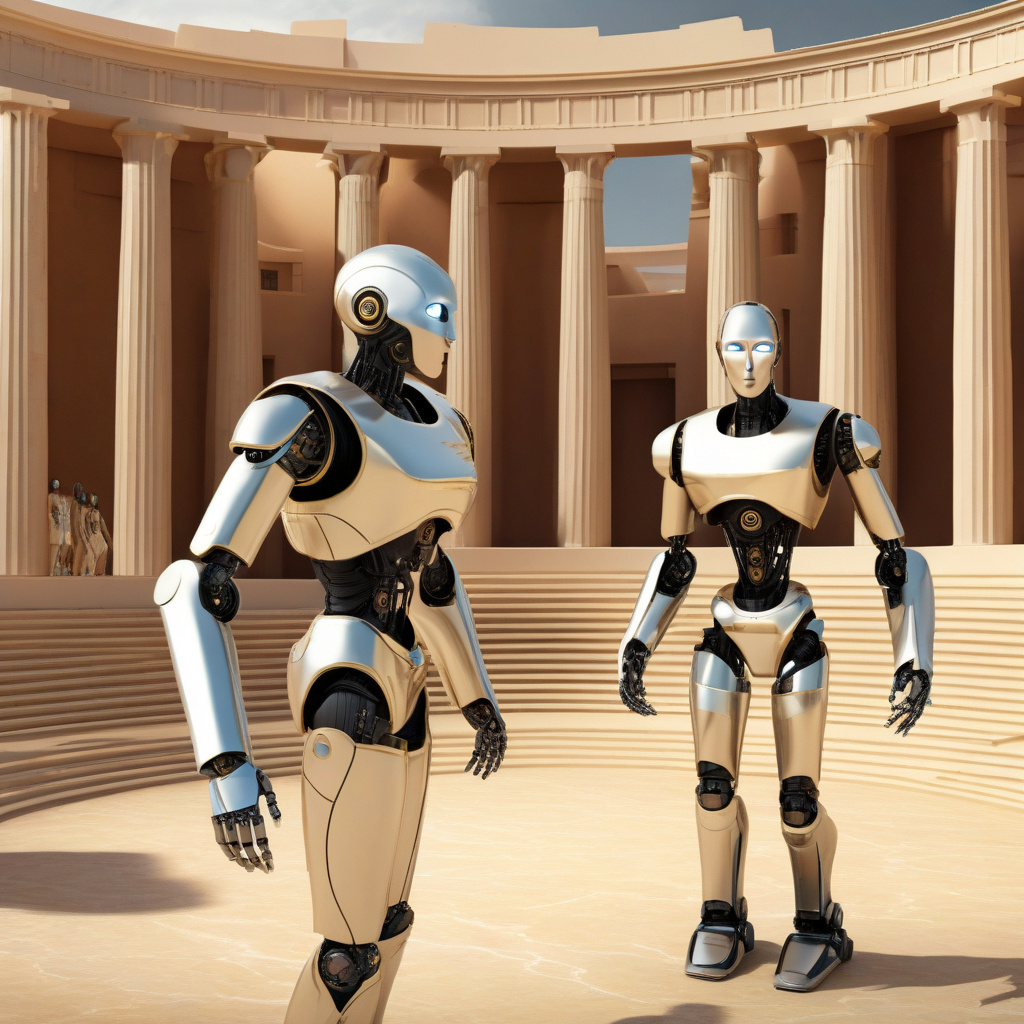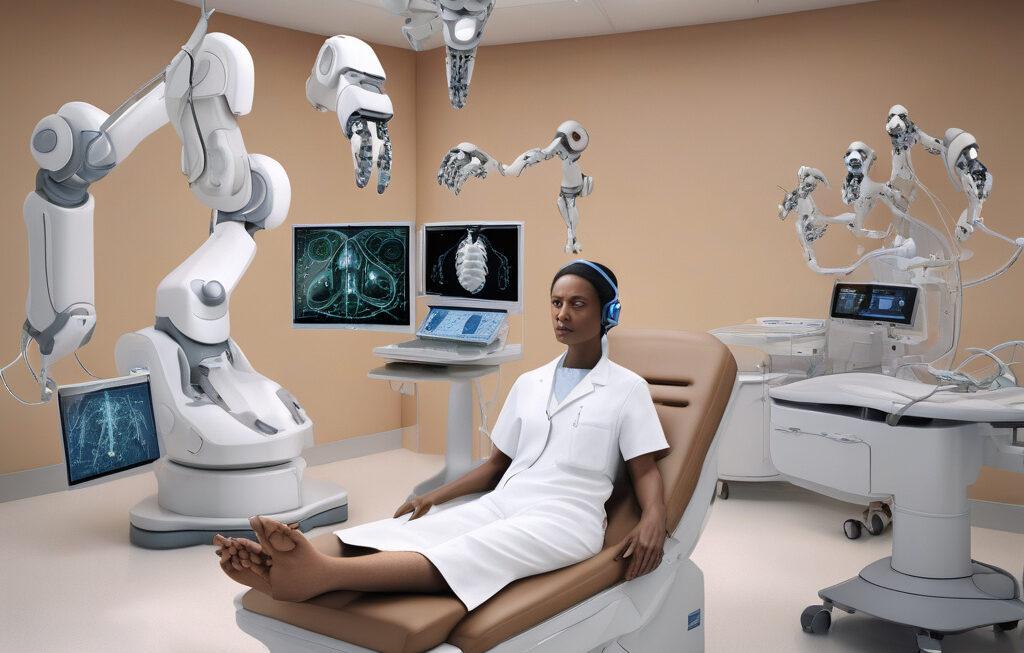Greek Humanoid Olympiad Reveals Robots Are Far Behind Artificial Intelligence
Greece recently witnessed the world’s first International Humanoid Olympiad in Olympia, where humanoid robots played a significant role in showcasing the advancements in artificial intelligence. The event brought together experts, researchers, and enthusiasts to explore the capabilities of humanoid robots and their potential impact on various industries.
During the Olympiad, participants from around the globe presented their humanoid robots in a series of challenges that tested their agility, problem-solving skills, and interaction with humans. While the robots demonstrated impressive abilities in mimicking human movements and completing tasks, it became apparent that they still have a long way to go before catching up to the complexities of artificial intelligence.
One of the key highlights of the Olympiad was the humanoid robot developed by a team of researchers from a leading AI company. The robot, equipped with state-of-the-art sensors and algorithms, showcased remarkable dexterity and decision-making capabilities. It successfully navigated through obstacles, interacted with the judges, and even performed a dance routine with fluidity and precision.
Despite the advancements in humanoid robot technology, experts noted that the current generation of robots still lacks the cognitive abilities and adaptability of artificial intelligence systems. While robots excel in predefined tasks and controlled environments, they struggle to handle unexpected situations and learn from new experiences—a crucial aspect of artificial intelligence.
The gap between humanoid robots and artificial intelligence was further emphasized during the Olympiad’s panel discussions and workshops. Experts highlighted the need for integrating AI technologies such as machine learning and natural language processing into humanoid robots to enhance their cognitive abilities and overall performance.
Moreover, researchers presented groundbreaking studies on the fusion of robotics and AI, showcasing innovative solutions that could bridge the gap between robots and artificial intelligence. By incorporating advanced AI algorithms into humanoid robots, researchers aim to create more autonomous and intelligent systems capable of adapting to dynamic environments and complex tasks.
As the field of robotics continues to evolve, events like the International Humanoid Olympiad play a vital role in fostering collaboration and innovation among researchers, engineers, and AI enthusiasts. By pushing the boundaries of humanoid robot technology and exploring new frontiers in artificial intelligence, experts aim to unlock the full potential of intelligent robotic systems in various industries, from healthcare and manufacturing to entertainment and education.
In conclusion, the Greek Humanoid Olympiad served as a testament to the remarkable progress made in the field of robotics and artificial intelligence. While robots have come a long way in mimicking human behavior and performing tasks, they still lag behind the cognitive capabilities and adaptability of AI systems. By embracing the synergy between robotics and AI, researchers and experts are paving the way for a future where humanoid robots can truly rival artificial intelligence in complexity and intelligence.
#GreekHumanoidOlympiad, #ArtificialIntelligence, #Robotics, #AIAdvancements, #FutureTechnology











